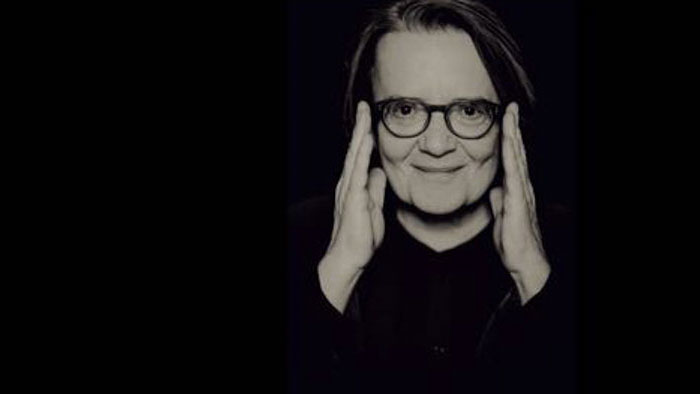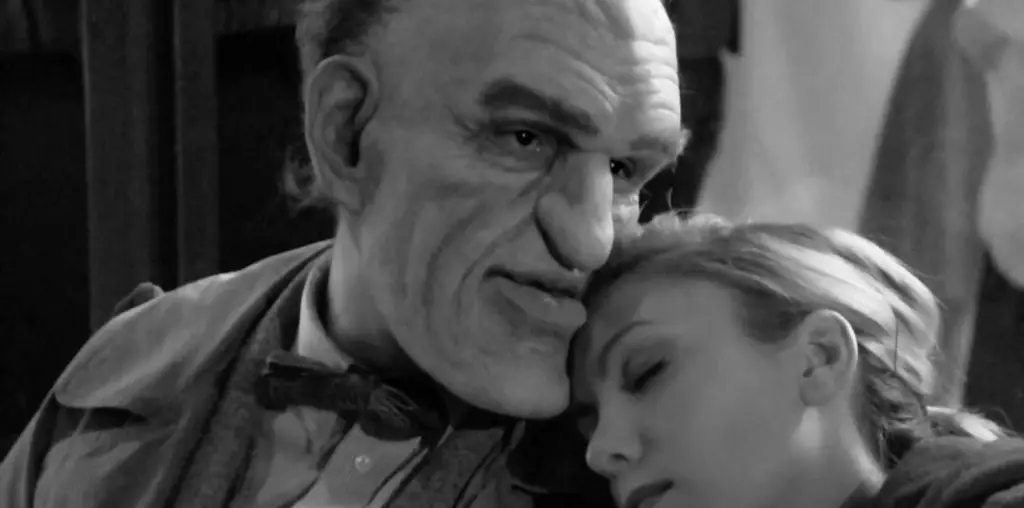
Polish screenwriter and director Agnieszka Holland has built a long, formidable career, picking up three Oscar nominations for directing Best Foreign Language Film nominees Angry Harvest (1985) and In Darkness (2011) and for adapting the screenplay for Europa Europa (1990) in the process. She’s also helmed episodes of The Wire and House of Cards.
Her new film Green Border opens today in New York and next week in Los Angeles and has earned multiple citations including a Special Jury Prize at the 2023 Venice Film Festival.
Holland has done all this without always making people happy.
With Europa Europa, about a real-life Jewish teenager named Solomon Perel who successfully passed himself off as a Hitler Youth, the German Export Film Union refused to submit it for an Oscar nomination, prompting backlash from Werner Herzog, Wolfgang Peterson, and other German filmmakers who supported her movie.
More recently, according to The Guardian, Green Border received blistering criticism in Poland when justice minister Zbigniew Ziobro compared it to Nazi propaganda on social media, and Polish President Andrzej Duda lamented, “Only pigs sit in the cinemas.”
The charge is as ludicrous as it is false. Holland’s father fled to the Soviet Union during World War II because he was a Jew, and her Catholic mother was active in the Polish resistance to the Nazis. Instead, Green Border follows a family of Syrian refugees who land in Minsk, Belarus, thinking they will soon be safe in Sweden.

“…refugees encounter Polish and Belarusian border security agents who pass them along from tents from one side of the barbed wire border to the other.”
Instead, they and other refugees encounter Polish and Belarusian border security agents who pass them along from tents from one side of the barbed wire border to the other. The authorities on both sides of the line punish anyone who tries to help them, and the freezing weather itself is deadly.
For all the vitriol the film has received, Holland and her collaborators (she had two co-directors to meet a 25-day schedule) feature a sympathetic border guard (Tomasz Włosak) and a therapist (Maja Ostaszewska) drawn into the struggle. The result is a much more even-handed look at the crisis.
Curiously, the “pig” insult actually drew viewers to Polish theaters, where the movie outgrossed (no pun intended) John Wick: Chapter 4 and The Little Mermaid.
Holland, whom I’ve corresponded with for several years, spoke to FilmThreat over Zoom. She’s just finished making a biopic about Franz Kafka. For someone who has documented controversial topics, the 75-year-old filmmaker has had a lot of luck making difficult subjects accessible.
I thought it’d be good for my readers to know that you had a situation similar to some of the characters in your movie. In the early 80s, you had to leave Poland when martial law was declared there while you were promoting a film. abroad.
I do remember. Under communism, it was different. Right now, we have our own demons.
Democracy doesn’t mean that terrible things are not happening, and I think that the world right now has lost the hope that the future is radiant and peaceful. We are on the border of maybe a global war. We have such a big polarization: you in the U.S. and in Poland. In many countries, it is practically like a domestic war, and the migrants became an object to use in that war.

